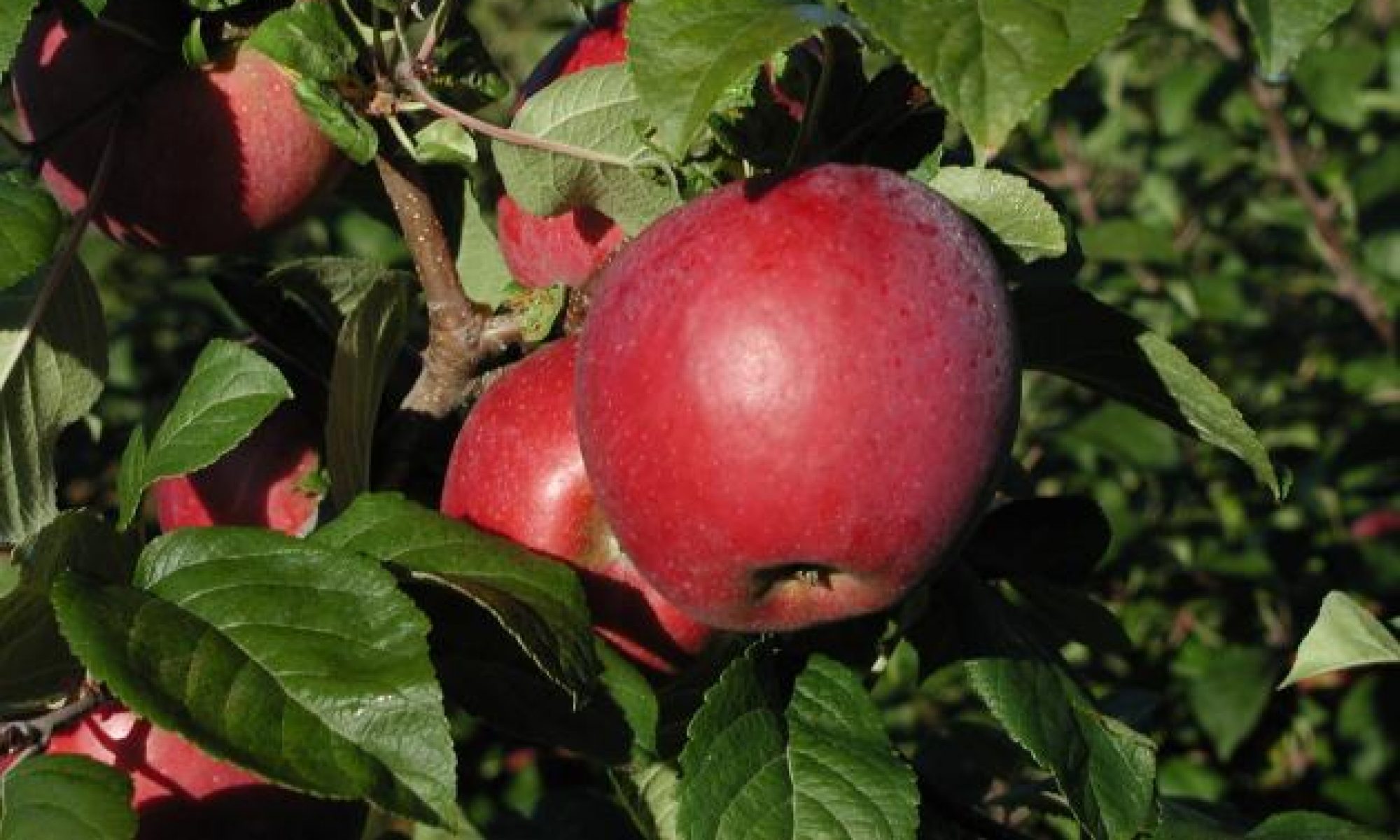Yes. Kaolin clay (formulated commercially as Surround WP®) has been shown to be effective against several orchard pests, including apple maggot, white apple leafhopper, and pear psylla. It generally gives at least fair control of plum curculio and several species of fruit pest caterpillars (codling moth, oriental fruit moth, tufted apple bud moth, lesser appleworm). However, university trials also show that heavy use is harmful to beneficial species, and can lead to a flare up of European red mites or San Jose scale.
Kaolin is a naturally occurring clay resulting from weathering of aluminous minerals such as feldspar with kaolinite as its principal constituent. Kaolin is a common mineral, considered “generally regarded as safe” (GRAS) by the U.S. Food and Drug Administration. It is used as an anti-caking agent in processed foods and an additive to cosmetics, toiletries and health products. It is also used as an “inert” carrier in some pesticides, and enhances the performance of some microbial products.
Kaolin is ground and processed further to reach a uniform particle size for application as a plant protectant. Applied in suspension in water, kaolin produces a dry white film layer of interlocking microscopic particles on the surface of leaves, stems and fruit after evaporation of the water.
This material has several modes of activity. Kaolin acts as a physical barrier preventing insects from reaching vulnerable plant tissue. It acts as a repellent by creating an unsuitable surface for feeding or egg-laying. The uniform white film may also disrupt the insect’s host finding capability by masking the color of the plant tissue. Furthermore, particles of kaolin act as an irritant to the insect. After landing on a treated surface, particles of kaolin break off and attach to the insect’s body triggering an excessive grooming response that distracts the pest.
Since consumers generally look for perfect fruit and vegetables, it should be noted that the kaolin clay powdery film left on the fruit at harvest time may deter consumers from purchasing produce. Fruit and vegetable growers may consider washing or brushing off the residue prior to sale. Although the kaolin clay is natural, growers are still required to have their pesticide applicator’s license in order to purchase and apply this product.
For more information, go to http://web.pppmb.cals.cornell.edu/resourceguide/mfs/07kaolin.php
The article was adapted from the article Resource Guide for Organic Insect and Disease Management, Cornell University.
